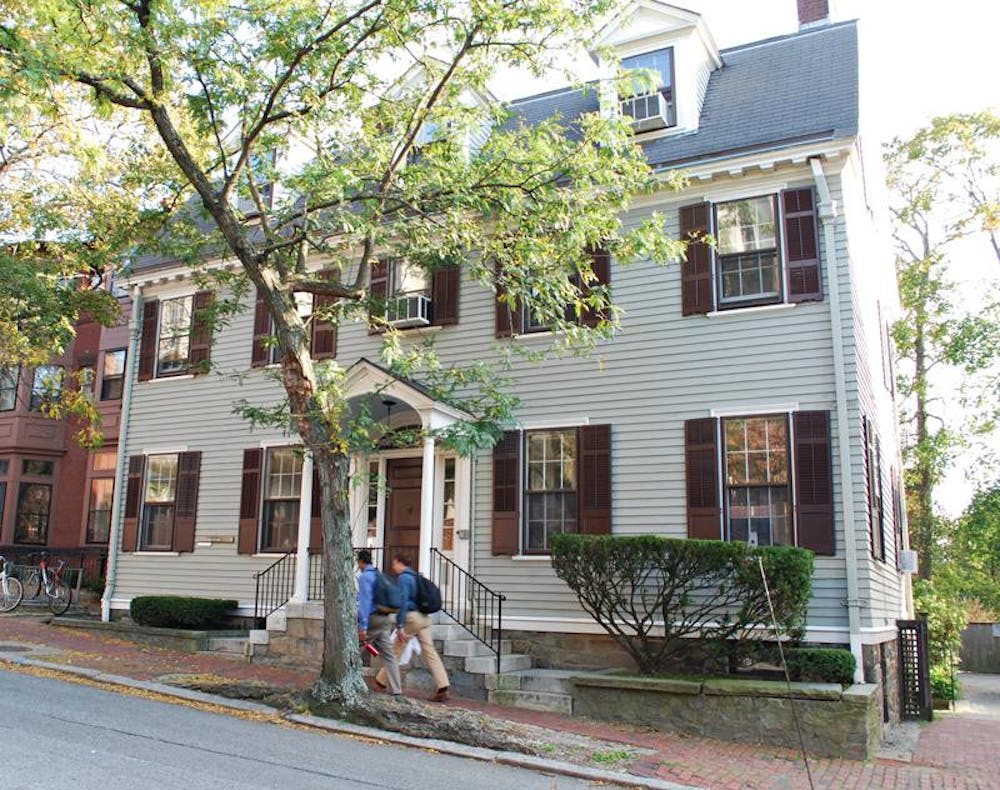The University’s first domestic study program, Brown in Washington, D.C., will give students a chance to intern in the nation’s capital while taking three or four core classes on-site during the spring 2017 semester. The program will be run by the Swearer Center for Public Service along with the Watson Institute for International and Public Affairs and CareerLAB.
The semester-long program “combines rigorous coursework with substantive internship experiences,” said Mathew Johnson, associate dean for engaged scholarship and director of the Swearer Center. Brown in Washington, D.C., will also provide students with opportunities to make connections with alums and “other influential contacts,” he added.
The initiative reflects student interest in working and studying in D.C., especially since the city is a prime location for high-quality internships, said Allen Hance, director of academic programs at the Swearer Center.
Students can expect to work at think tanks, governmental and regulatory bodies, development institutions, international organizations, grassroots initiatives and nonprofit organizations, Hance said. Students can also work at other types of organizations, such as for-profit businesses, on the condition that the organizations are public service oriented. Leveraging the University’s D.C. alumni network, 20 varied organizations have already been identified, contacted and are anticipating an influx of possible interns through the program, he added.
The program “is a terrific opportunity for students interested in learning how the policy-making process really works,” said Eric Patashnik, professor of public policy and political science and incoming director of the public policy program.
The program welcomes domestic and international students of all concentrations and interests, Hance said. The only academic prerequisite is taking PLCY 0100: “Introduction to Public Policy” or an equivalent course. Students also must have spent a year on campus and be a junior, senior or second-semester sophomore in good academic standing, he added.
Students in the program must take three core courses while in D.C. — a policy seminar offered by Brian Atwood, senior fellow for international and public affairs at the Watson Institute; a practicum consisting of a 25-hour-per-week internship and a reflection seminar. Domestic students also have the ability to take an independent study if they so desire, though international students are required to do so.
Tuition and housing rates will be equivalent to a typical semester at Brown, and financial aid will be completely transferable, Hance said. Students will be housed at the Dupont branch of the Washington Intern Student Housing network, an organization specifically aimed at interns.
The program is offered in the spring so that students can transition into a summer internship, though if the pilot program proves successful, it may also be offered in the fall, Hance said. Students can apply to the program until Oct. 21, and the program itself will run Feb. 1 to May 1.





